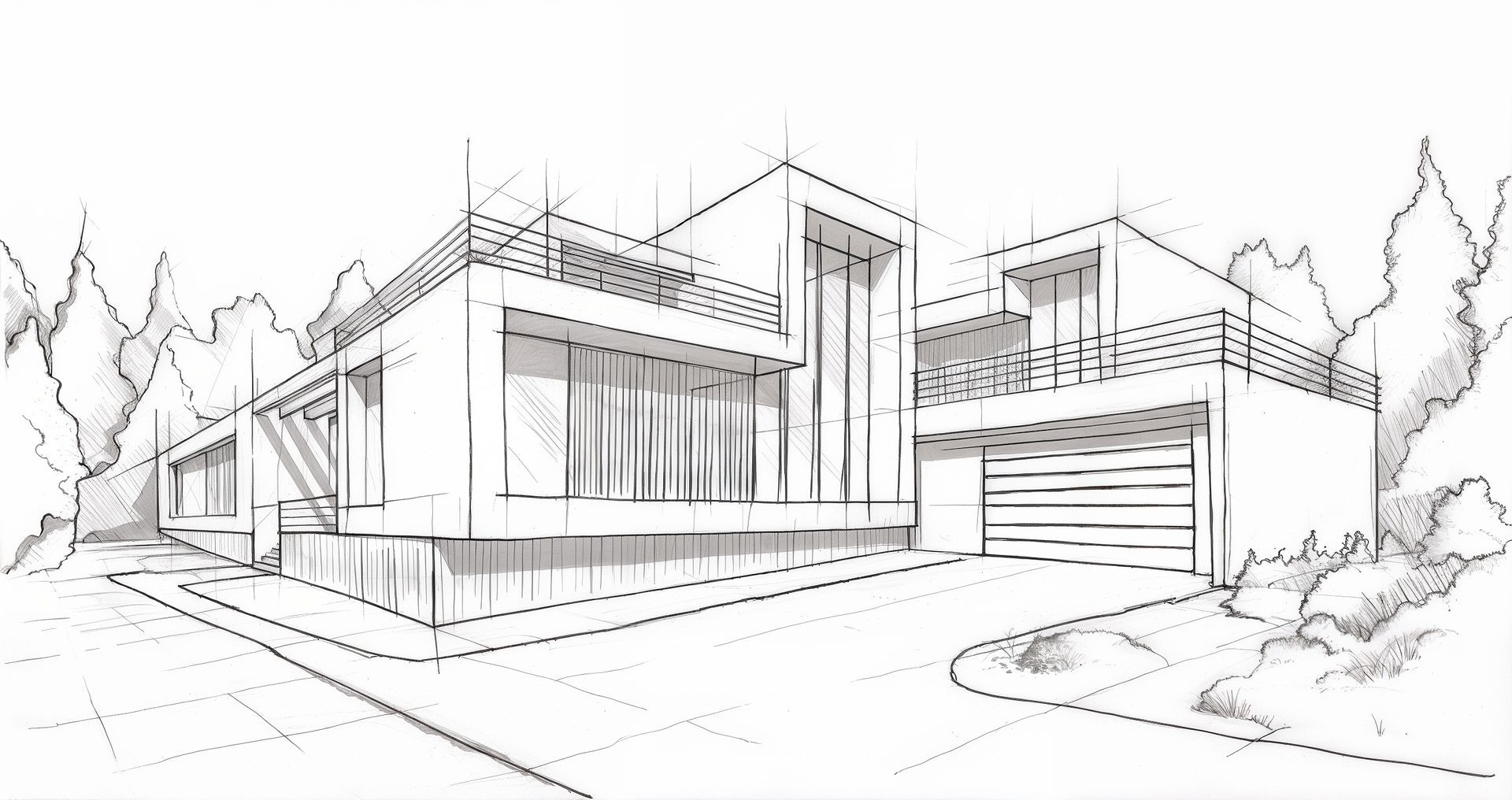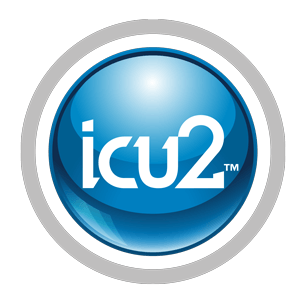Unlocking AI’s Potential: Navigating Challenges and Creating Value in Architecture and Property Marketing
An exploration of generative AI as a transformative design tool—revealing the complexities, pitfalls, and opportunities for those daring enough to push beyond automation and bring true value to commercial applications.


Background:
I have been working on some crazy interesting (and sometimes challenging) projects over the last few months. Even as I write this post I have a bunch of generations queued up and crunching in the background. It's gonna be a long night! So this is one of many AI use-cases i have been exploring in recent months: AI as a design tool in architecture, real estate and property marketing services.
What i have been doing across pretty much all my projects, is to explore how AI can be used to create better outcomes, to understand where the limitations are, where the challenges are, and ultimately where the opportunities are in a commercial setting. I've broken pretty much every AI tool i've touched in recent months, and i can see where they topple over. To be honest it has been painful (hence why i am still up at midnight)... but the learnings have been invaluable!
In this specific example, using a hand drawn 2 point perspective illustration, I created a number of design options and a final design based on a composite of seven generations and an animated visualisation. Even this could go through one more iteration of refinement in post production editing!
The challenge:
How to have full control over AI outputs (this has been a consistent problem across the generative AI spectrum). In this specific case, how to have full control over lighting, materials, movement etc, and how to create a process that can be replicated consistently (absolutely essential for a commercial application).
In other words, can you reliably estimate the time that it takes to produce a commercial quality AI output?
Well the answer is yes and no. If you are sticking to the bare minimum (ie. any old output is good enough), then sure, you can whip something up fairly quickly. But that has little value and limited commercial application that it just a matter of time before people do it themselves.
In a commercial setting, where the output is directed by a strategy, technical limitations (eg. engineering), client demands, compliance and regulatory requirements, trends, styles, financial considerations, market forces etc etc. thats the point at which you actually need some serious control over the technical execution. Without a repeatable process, any concept of efficiency essentially goes out the window.
The solution:
What is required is a combination of new and traditional techniques, a systemic and strategic approach beyond just a focus on the execution (be it development of images, videos, visualisations, content, strategy, research, data processing, analysis etc etc) and a layer of human oversite to ensure that what you are producing actually creates value.
Also, innovative new ways of using AI to leverage the human capital and creative potential within organisations to create an unfair advantage in the market. The technology should make us more agile in our decisions; more aggressive in our investments (in this case specifically relating to investment into marketing, but it applies equally to other investments) and simply better at what we do.
The moment the AI story is predominantly about efficiency and automation (ie technical execution) we have lost "the juice" that creates actual value for an organisation. That same focus on efficiency (ie. how do i get more by doing less) is the point at which people lose jobs, companies fail and power shifts from old world business models to new ones.
Things always balance out. There's no such thing as a free lunch.
The risk:
As easy as AI can make your job, the easier it is, the easier it will be to replace us, as there will always be someone willing to work that little bit harder to find an edge. And guess what, sooner or later that person will take the jobs of 5 people who didn't bother building new capabilities in AI, not just as users, but as innovators.
Interestingly, when it comes to concern about AI taking jobs, it's not a problem with AI... it’s a human condition that naturally seeks the path of least resistance... it is very alluring. Unfortunately, in a period with so much technological change, more so than ever, the path of least resistance inevitably leads to failure. The same applies to organisations.
The gravy train will inevitably pull up to a station, and if you're on it, you will have to get off.
The question:
For me the question I am trying to answer is one that is close to my heart, and forms the value statement that guides virtually every business decision i make. The questions is:
How does generative AI "Inspire the Human Spirit in a Digital World".
Anything less than an answer to that question, from my perspective, is too small a problem to solve. If AI is purely a time saving tool, then the next question should be "how can i make better use of that extra time" (training, R&D, sales, innovation etc). At this stage AI is not saving me any time at all! If anything it is taking time to test, poke and prod. Time to develop new processes that will create value once we lay down some code. It's an investment of time to future-proof my own business and define my own competitive advantage in the new "generative economy" and create value for my clients along the way.
And sometimes it’s not simply about productivity, quality or cost at all. Sometimes it’s simply about honesty and authenticity, qualities that AI has unfortunately not really mastered. Hence why in this brain dump, i have not used any AI at all. It will likely have errors, unsubstantiated claims, opinionated views (not to mention it having take far too long to write!) But with all its quirks, grammatical errors and excruciatingly long sentences, it is honest, something I feel is missing more than ever these days.
Maybe a topic for a separate article.
Conclusion:
We are entering an exciting new era that will be full of opportunity, risk and uncertainty. We can focus on automation, efficiency, cost reduction etc. All those "bean counter" topics that address short term needs will only provide short term gains as the capabilities of AI improve. However, as business leaders if we really want to make an impact on the world around us, i believe the narrative should be a human-centric one, how does AI improve lives?
The efficiency? The cost savings? The quality? That will all improve as the technology develops.
